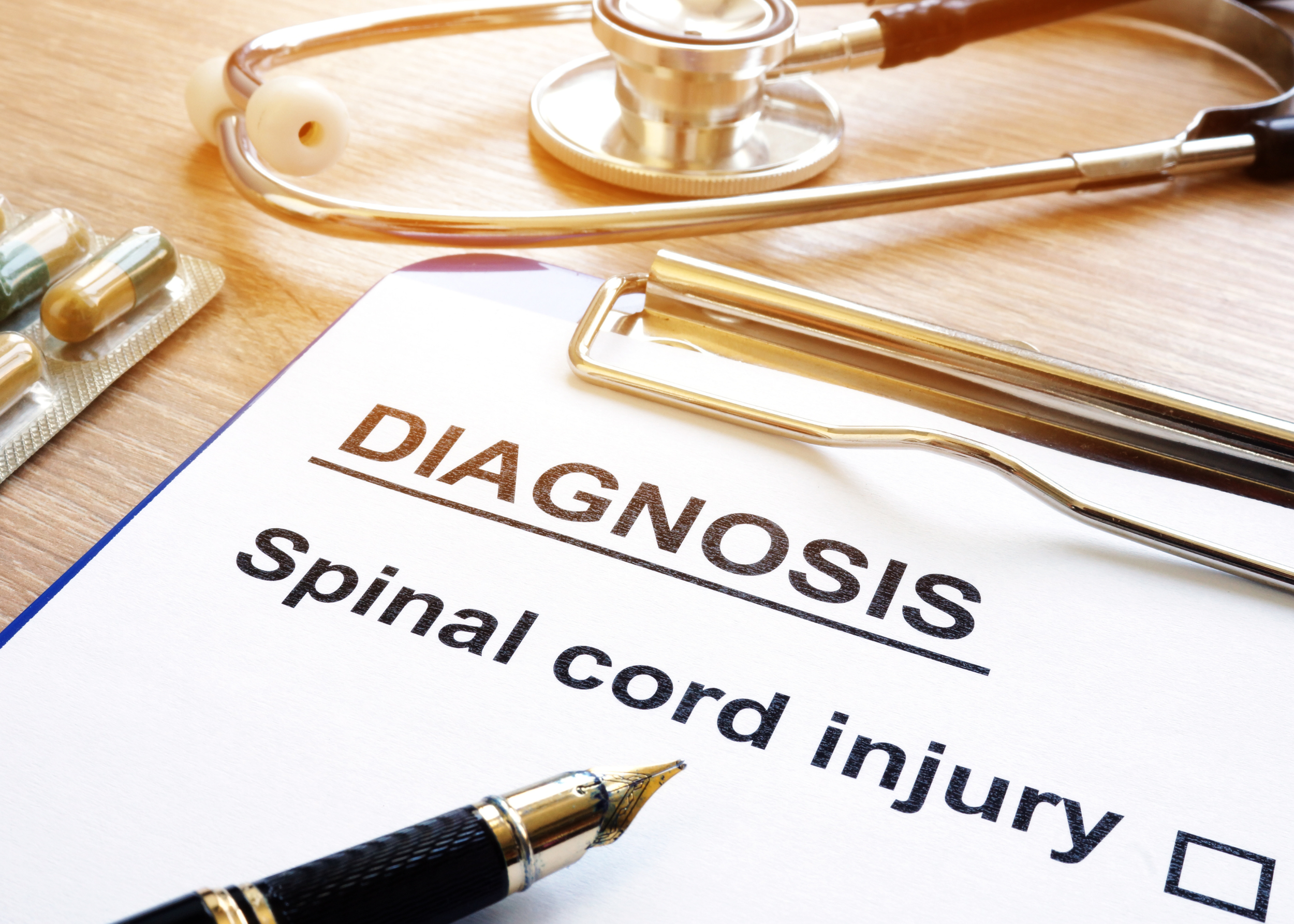Spinal Cord Injury
A spinal cord injury (SCI) refers to damage to the spinal cord, a bundle of nerves that runs from the base of the brain down through the center of the back. The spinal cord is crucial in transmitting messages between the brain and the rest of the body. An injury to the spinal cord can result in a wide range of physical and neurological symptoms.
Spinal cord injuries can be caused by a variety of factors, including trauma (such as a car accident or sports injury), disease (such as multiple sclerosis or spinal cord tumors), or degeneration (such as in the case of spinal stenosis).
A spinal cord injury's severity depends on the damage's location and extent. Injuries to the upper spinal cord (closer to the brain) are generally more severe. They can result in more widespread neurological deficits, while injuries to the lower spinal cord may be less painful.
Symptoms of a spinal cord injury can include loss of sensation or movement in the limbs, difficulty breathing or coughing, loss of bowel or bladder control, and changes in sexual function. In more severe cases, an SCI can result in paralysis or even death.
Treatment for a spinal cord injury typically involves stabilizing the spine to prevent further damage and medication to manage pain and inflammation. Surgery may sometimes be necessary to repair or remove damaged tissue. Rehabilitation exercises and physical therapy may also be recommended to help improve function and mobility.
Prevention of spinal cord injuries involves:
Reducing the risk of trauma or damage to the spine, such as wearing protective equipment during sports or other high-risk activities.
Practicing safe driving habits.
Avoiding risky behaviors that can lead to injury.

